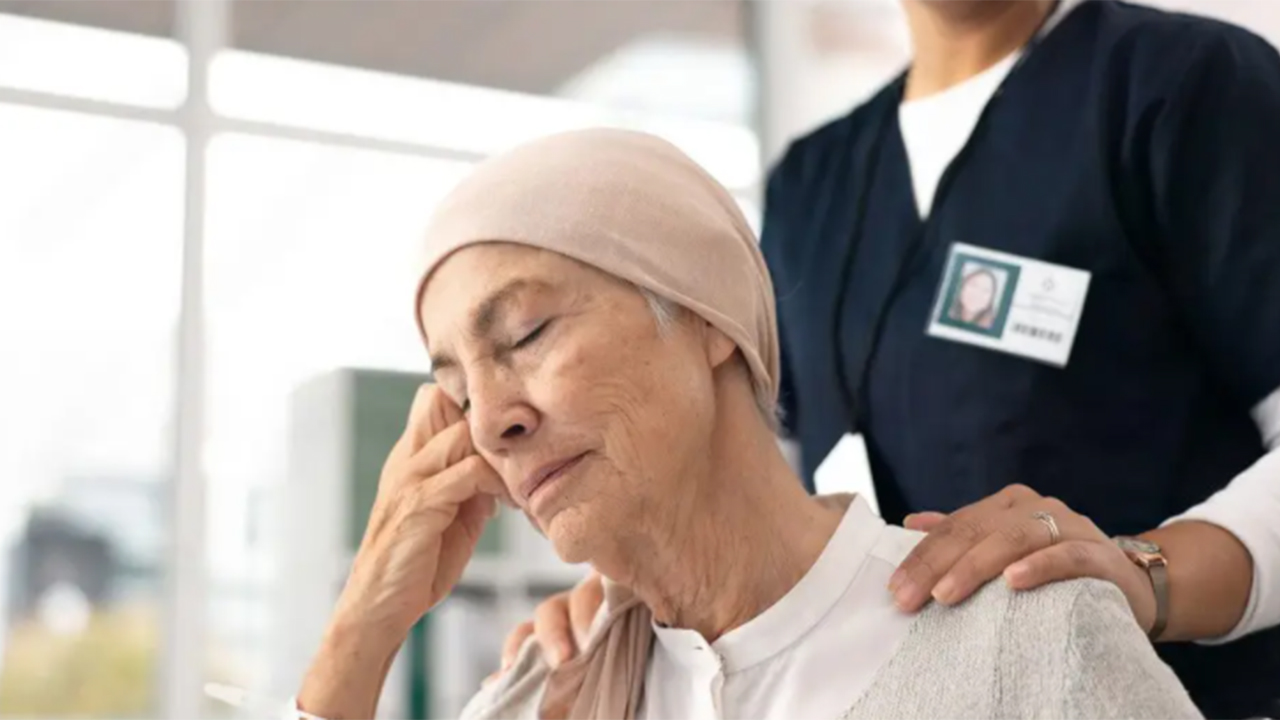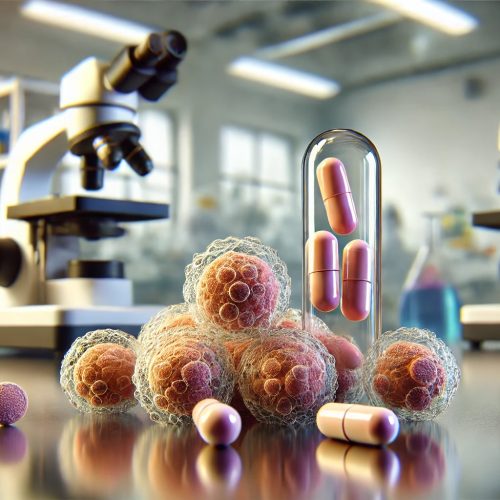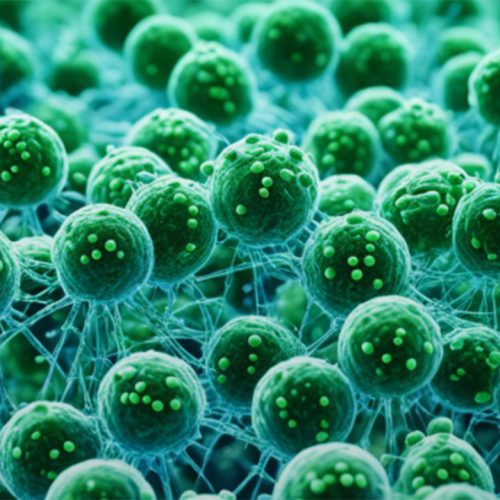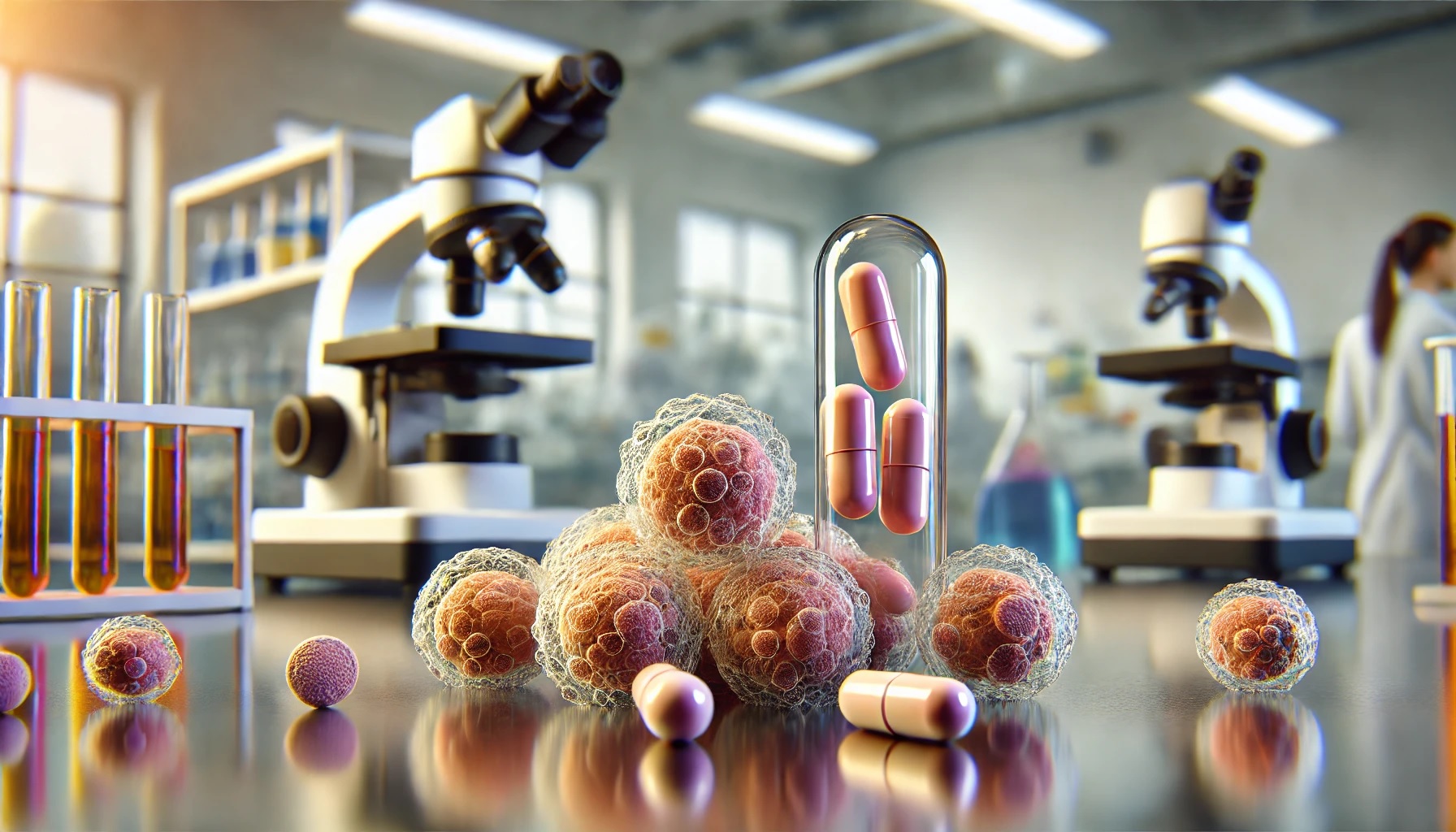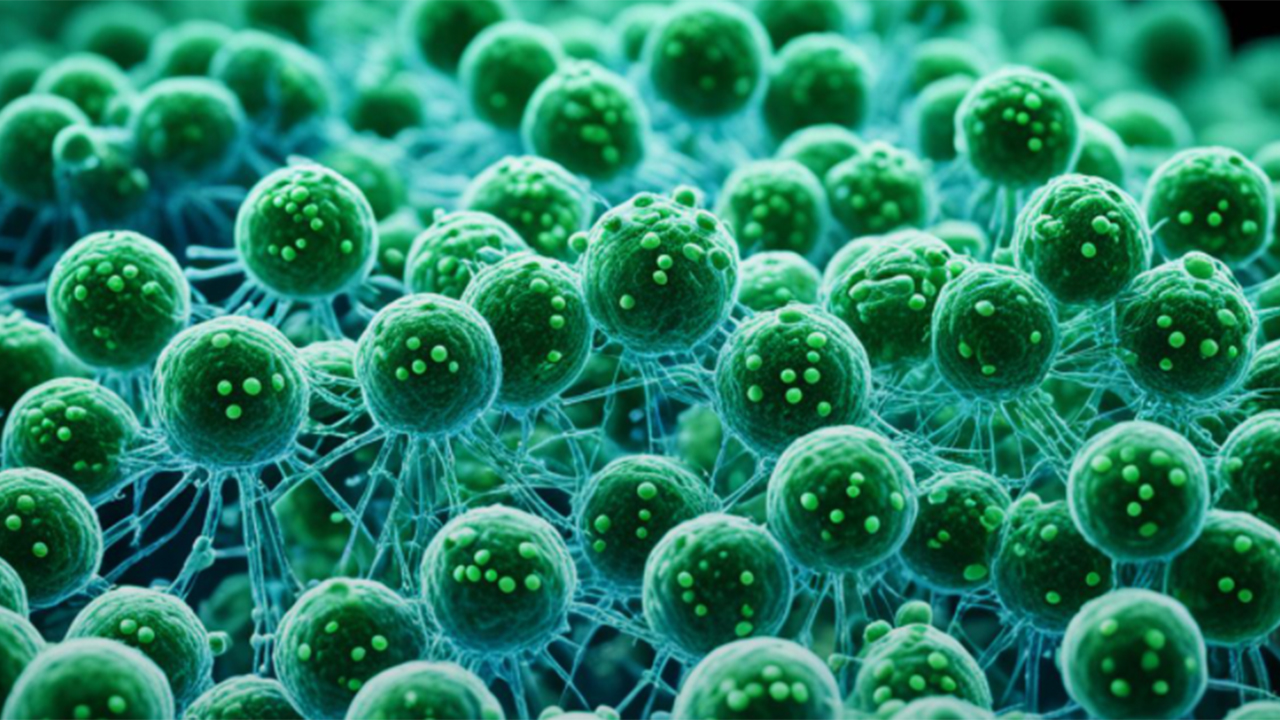Cancer, a formidable adversary throughout human history, has witnessed a dramatic surge in recent decades. Researchers from Brigham and Women’s Hospital have uncovered a concerning trend: early onset cancers—such as breast, colon, esophagus, kidney, liver, and pancreas—are increasingly affecting people under 50 worldwide. This rise began around 1990 and has prompted scientists to explore the underlying causes1.
Birth Cohort Effect and Changing Exposures
The birth cohort effect reveals that each successive generation faces a higher risk of developing cancer later in life. Factors encountered during early life play a pivotal role. For instance, individuals born in 1960 exhibit a greater cancer risk before age 50 than those born in 1950. This trend is expected to persist in subsequent generations. But what has changed in our environment and lifestyle?
The Evolving Exposome
The “exposome”—a comprehensive term encompassing diet, lifestyle, weight, environmental exposures, and the microbiome—has undergone significant shifts over the past few decades. The Western diet, sedentary lifestyle, and other modern habits may contribute to the rise in early onset cancer. However, the exact proportion attributed to screening versus genuine incidence remains challenging to quantify1.
Metabolic Alterations in Cancer Cells
Rapid advances in cancer research have revealed critical insights. During tumorigenesis, cancer cells undergo physiological changes that distinguish them from normal cells. One hallmark is their preference for inefficient aerobic glycolysis over mitochondrial oxidative phosphorylation. In simpler terms, cancer cells opt for a less efficient energy production pathway, generating only 2 ATP molecules compared to the 38 ATP molecules produced by healthy cells. Understanding these metabolic shifts is crucial for developing targeted therapies2.
Potential Risk Factors
While the birth cohort effect sheds light on generational trends, specific risk factors also contribute. These include alcohol consumption, sleep deprivation, smoking, obesity, and a diet rich in highly processed foods. Identifying and addressing these factors could be pivotal in curbing the rising cancer incidence1.
A 21st Century Approach
As we confront this age-old challenge, researchers are exploring innovative treatments. Compounds like Fenbendazole, DCA, and 2-DG target metabolic reprogramming in cancer cells, enhancing efficacy and overcoming resistance. By understanding cancer’s vulnerabilities at the molecular level, we inch closer to personalized therapies and prevention strategies3.
In summary, cancer remains a formidable foe, but with 21st century insights and determination, we’re better equipped than ever to face it head-on. 🌱🔬
References:
